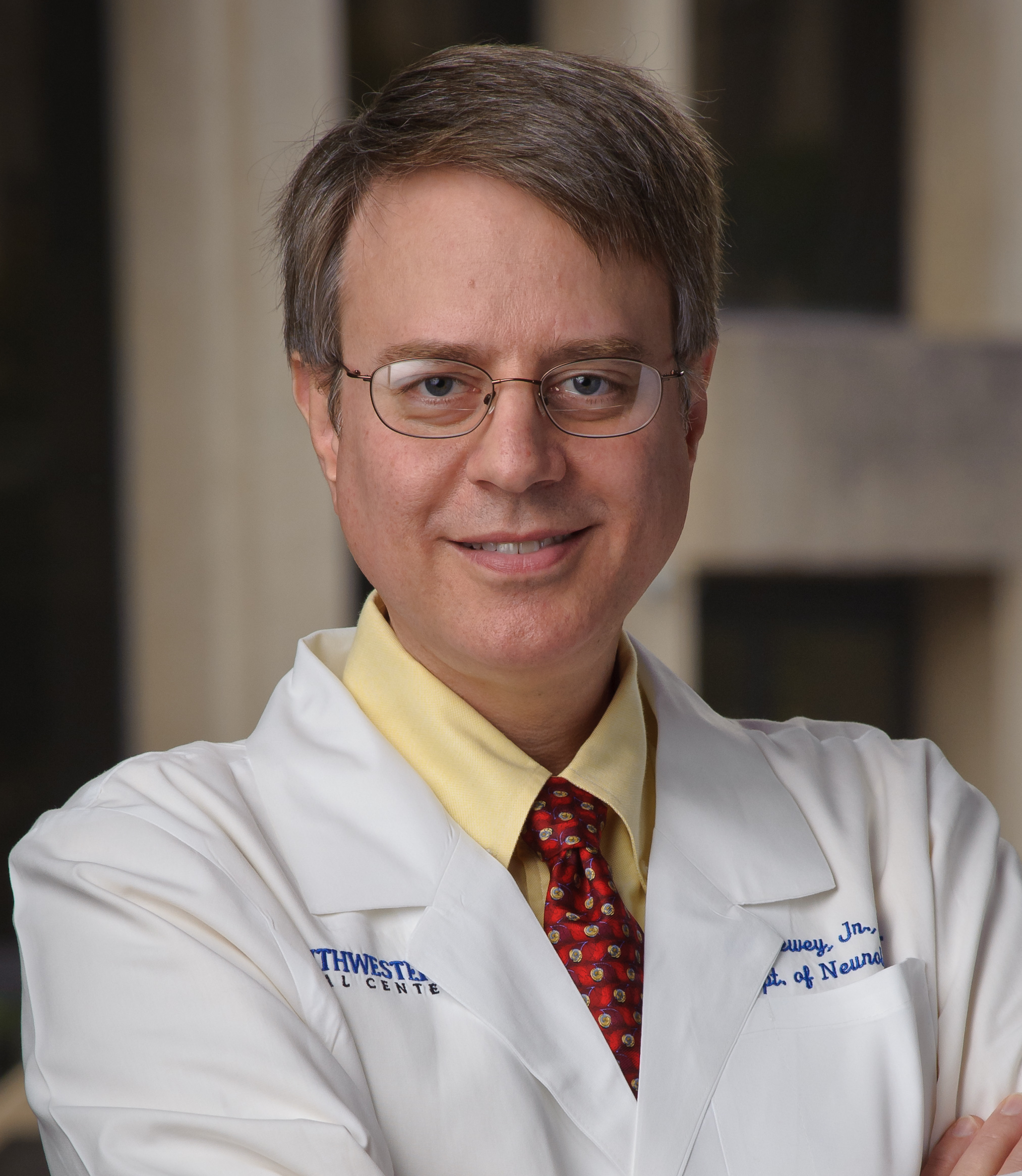Richard B. Dewey, Jr., MD is a Professor in the Department of Neurology and Neurotherapeutics and Director of the Clinical Center for Movement Disorders at the University of Texas Southwestern Medical Center in Dallas, Texas. He served for a decade as a mentor in the medical student Colleges program at UT Southwestern Medical School.
Dr. Dewey earned his medical degree with high honors from Baylor College of Medicine in Houston, Texas where he was named a President’s Scholar and was elected to the Alpha Omega Alpha honor society in his junior year. He completed his medical internship at St. Joseph’s Hospital in Houston, Texas, and his neurology residency at the Mayo Graduate School of Medicine in Rochester, Minnesota. Dr. Dewey then completed a movement disorders fellowship at the Mayo Clinic in Rochester, Minnesota and Scottsdale, Arizona. Dr. Dewey is a diplomate of the American Board of Psychiatry and Neurology, a Fellow of the American Academy of Neurology, and an elected Fellow of the American Neurological Association.
He has received several notable honors throughout his medical career, including America’s Top Physicians, Best Doctors in America, Texas Super Doctors, Guide to America’s Top Physicians, D Magazine Best Doctors in Dallas, HealthGrades Five-Star Doctor, and US News and World Report Top Doctors.
Dr. Dewey has been an invited speaker participating in over 100 lectures and presentations on an international, national, regional, and local level. He has written and contributed to book chapters, educational materials, abstracts, and articles for such journals as Archives of Neurology, Neurology, Clinical Neuropharmacology, Neurosurgery, Movement Disorders, and Cognitive and Behavioral Neurology. His primary research interests are in the areas of new therapeutics, biomarker discovery, and disease modification of Parkinson disease.
Dr. Dewey recently served as the course director for an intensive two-day course for neurology residents designed to capture their interest in pursuing a career in movement disorders. The course was produced by the International Parkinson and Movement Disorder Society and supported by an educational grant from the Edmund J. Safra Foundation and the Michael J. Fox Foundation.

